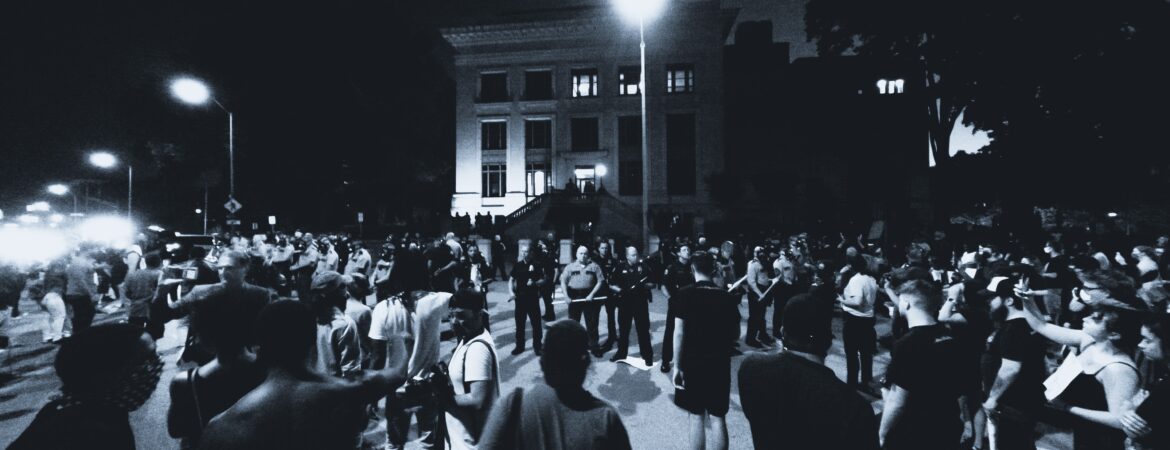
With the Queen’s funeral taking place on Monday, there is increasing fears over of anti-monarchy protests across the UK so this is a good time to look at what is and isn’t permitted under the protest laws in the UK.
What rights to protest do UK citizens have?
The most important point to note is everyone has the right to protest peacefully under the rights to freedom of expression and freedom of assembly.
These rights are protected under articles 10 and 11 of the European convention on human rights. It has also been incorporated – almost verbatim – into the UK’s Human Rights Act.
However, there are limitations to how you can protest.
In England and Wales these limitations are set out in the Public Order Act 1986 and these were strengthened by several parts of this year’s Police, Crime, Sentencing and Courts Act (PCSC).
There is strong feeling that the PCSC Act has made the legal situation around protesting much more severe. Many (including civil liberties campaigners, prominent politicians, charities, academics and even Parliament’s human rights committee) have very publicly criticised it as being oppressive, particularly given the Act has given police wider powers to deal directly with any protest they consider to be too noisy.
Given the Royal Family are likely to be the focus of any upcoming protests, potential protesters should also be aware they could be charged under The Treason Felony Act 1848.
Although somewhat archaic, a person could theoretically be jailed for life if they are found guilty of calling for the abolition of the monarchy (although in practice a sentence under this Act hasn’t been passed since 1879).
In Scotland non-peaceful protest is counted as a breach of the peace which is a common law offence under section 38 of the Criminal Justice and Licensing (Scotland) Act 2010.
In Northern Ireland there is understandably more clearly defined legislation around protests governing protests. The Public Order (Northern Ireland) Order 1987 sets out what is and isn’t permitted with protests and public processions.
If you require more details regarding any of the legal issues raised in this blog or would like one of our hugely experienced criminal barristers to defend someone charged with unlawful protest, please contact us today.
Leave A Comment